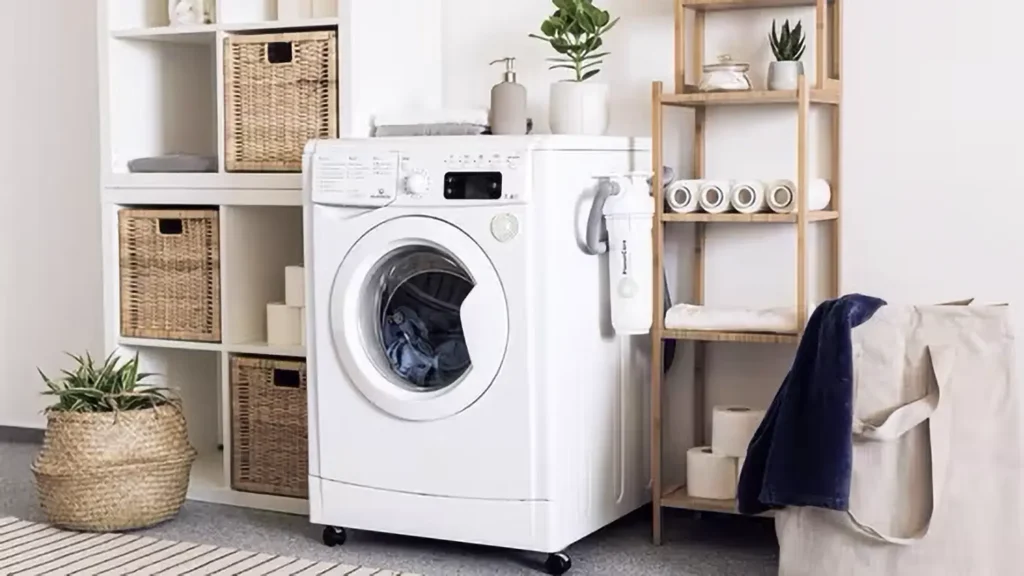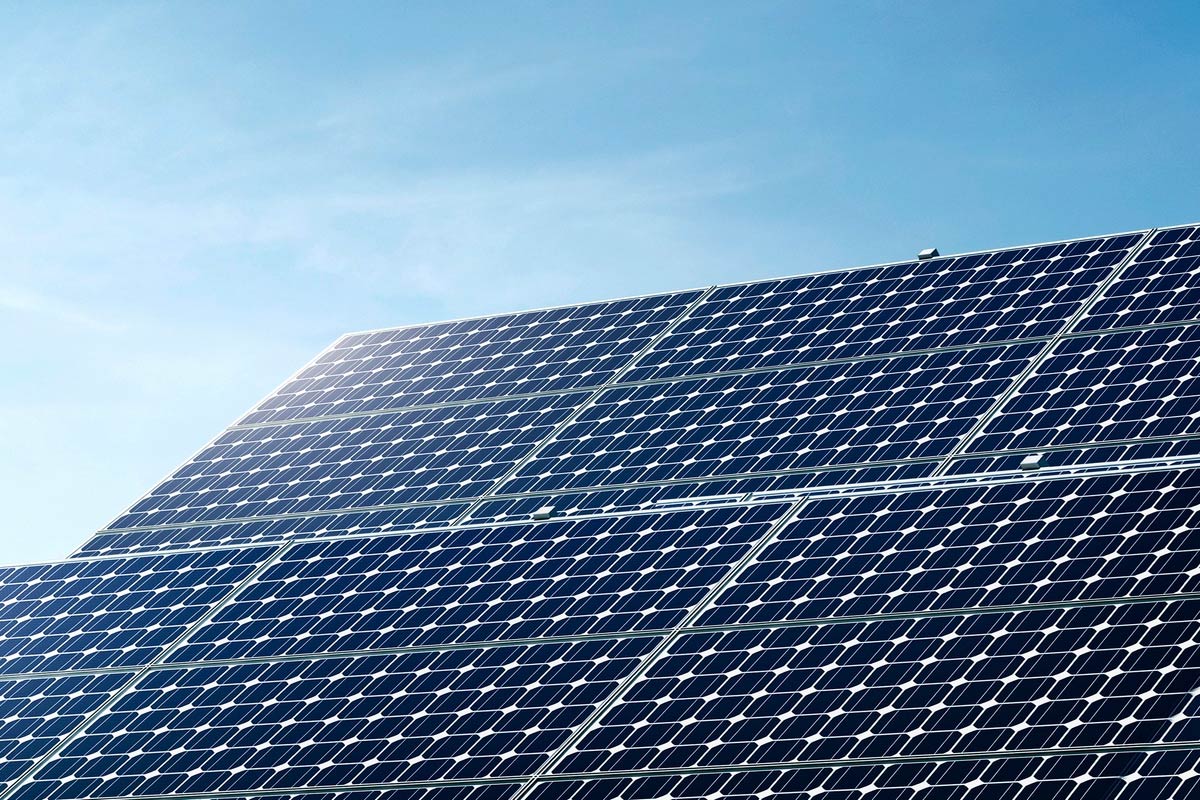Eco-Smart Techniques to Reduce Your Energy Bill
What are some eco-smart techniques to reduce your energy bill? Some actions, like adding solar panels, are costly and not always possible. However, there are simpler ways to reduce your energy consumption.
Hang on to the energy you do generate
Once you turn on your heater or air conditioner, prevent the cooled or warmed air from escaping your house. This requires a different approach in winter and summer, but the principle is the same: seal your house as best you can.
The most obvious way is to top up your roof insulation, but windows and floors are also worth checking. Seal drafts around your windows, add thick, lined curtains in winter to trap heat, and use pelmets for extra heat retention.
Houses lose much heat through the floor. In winter, lay down rugs and seal gaps in floorboards—every little bit helps.
Use Fans In Summer
In summer, use fans strategically to direct air-conditioned air around the house. Cover windows during the day, especially west-facing ones, and open them at night to let hot air out.
Finally, think about just how warm or cold you need to be. In winter, you should set your thermostat to 18-20 degrees. Each degree higher than this will add 15% to your heating bill. Use slippers, warm clothes, throw rugs and hot water bottles to stay warm rather than heating your home to tropical temperatures. In summer, wear light clothing, drink plenty of water, and find ways to stay cool without constantly using air conditioning.
Turn off vampire appliances
Even a tiny red light on a device draws energy. Unplug charged devices and turn off unused appliances instead of leaving them on standby.

Reduce your washing and drying
Washing machines, tumble dryers and dishwashers use the most energy out of all household appliances, so using these machines mindfully can trim money off your bills.
- Rather than tumble drying, take advantage of the free energy of the sun to dry clothes naturally.
- Check clothes to get another wear out of them rather than automatically washing everything after one wear – even reducing your washing by one load a week will add up over a year. And only wash once you have a full load of clothes.
Use your kitchen appliances wisely
The kitchen is another place that generates a lot of energy, but there are ways to cut back on it, particularly in your choice of appliances.
- A microwave only heats the food, not the air around it, so if you re-heat a lot it can be a smart investment over time.
- Think about the size of your household and choose appliances accordingly. Replacing a large, older fridge with a smaller, energy-efficient one can reduce your bills a lot after the initial outlay. Keeping your fridge reasonably full will also help it run more efficiently, which is another good reason to not have a fridge that is bigger than you need.
- An old-fashioned housekeeping trick is to cook a pudding in the oven if you’re cooking a roast, for example. This is a good way of making the most of the heat generated and having something nice to eat afterwards.
Look at how much water you’re heating
While switching off unused lights is automatic for many of us, an often-forgotten energy guzzler is hot water.
- Reducing shower times and having showers instead of regular baths will greatly reduce heating costs.
- If you’re making a cup of tea, don’t fill the kettle to the brim. Only heat as much water as you need, as there is no point heating water that will soon go cold again.
- Reduce the water temperature in your washing machine to 30 degrees, or to cold.
Saving energy around the house is easy once you form new habits – and forms an important part of your overall household budget. Give it a try, and feel free to share your tricks and tips, too.








